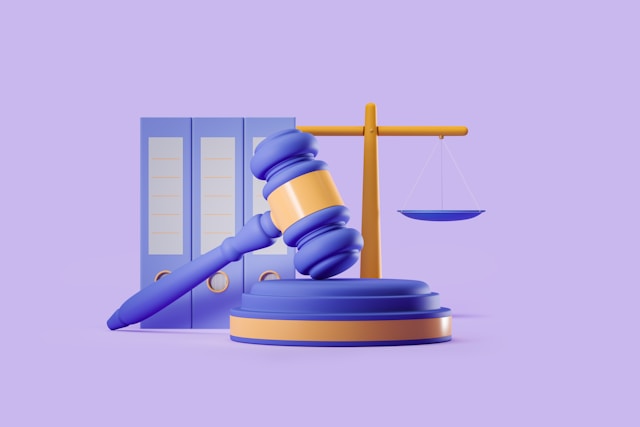A Landlord’s Guide to Protecting Your Property
As a landlord, it’s essential to keep a watchful eye on your rental property to ensure it’s being used in accordance with the lease agreement. One common concern is the unauthorized subletting of your property or tenants listing it on short-term stay platforms like Airbnb
In this guide, we’ll explore strategies to help landlords detect such activities and discuss the appropriate steps to take if you suspect your tenants are engaging in unauthorized subletting.
Regular Property Inspections
Regular property inspections are a fundamental part of property management. Schedule routine inspections to check the condition of your property and ensure that it is being used in accordance with the lease agreement. Look for signs of excessive wear and tear, unusual furniture arrangements, or indications that the property is being used as a short-term rental.
Monitor Online Listings
Keep an eye on popular short-term rental platforms, such as Airbnb, VRBO, or Booking.com. Search for your property periodically to see if it is listed for short-term stays without your authorization. If you find your property listed, gather evidence by taking screenshots of the listing, including dates and pricing.
Talk to Neighbours
Building good relationships with neighbours can be beneficial in many ways, including helping you keep tabs on your property. If neighbours report seeing a high turnover of different people or a constant stream of short-term renters, it could be a sign of unauthorized subletting. Be sure to approach these conversations diplomatically to maintain positive relationships.
Review Utility Usage
Unusual spikes in utility usage may indicate that more people are residing in the property than the lease agreement allows. Keep an eye on utility bills and investigate if you notice a significant increase that cannot be explained by seasonal variations.
What to Do If You Suspect Unauthorized Subletting?
Review the Lease Agreement
Before taking any action, review the lease agreement to understand the terms related to subletting. Clearly outline the rules regarding subletting and short-term rentals, and ensure your tenants are aware of these terms from the beginning.
Gather Evidence
If you have evidence suggesting unauthorized subletting, such as online listings, mail for unknown individuals, or reports from neighbors, document and gather this evidence. It will be crucial in any discussions or legal proceedings.
Communicate with Tenants
Initiate a conversation with your tenants to discuss your concerns and present the evidence you’ve gathered. Give them an opportunity to explain the situation, and be open to hearing their side of the story. It’s possible they may not be aware of the terms of the lease or may have misunderstood them.
Enforce Lease Agreement
If it is determined that your tenants are indeed violating the lease agreement, enforce the terms related to subletting. This may involve issuing a written warning, requesting the immediate cessation of the unauthorized subletting, or taking legal action, depending on the severity of the breach.
Consider Legal Action
If informal communication and warnings do not resolve the issue, you may need to consult with an attorney and, if necessary, take legal action to protect your property. This could involve eviction proceedings or other legal measures specified in your local landlord-tenant laws.Preventing unauthorized subletting and short-term rentals requires vigilance and proactive management. By staying informed, conducting regular inspections, and addressing potential issues promptly, landlords can protect their property and maintain a positive landlord-tenant relationship. If suspicions arise, it’s crucial to follow a systematic approach, enforcing lease agreements and, if needed, seeking legal counsel to protect your investment.





